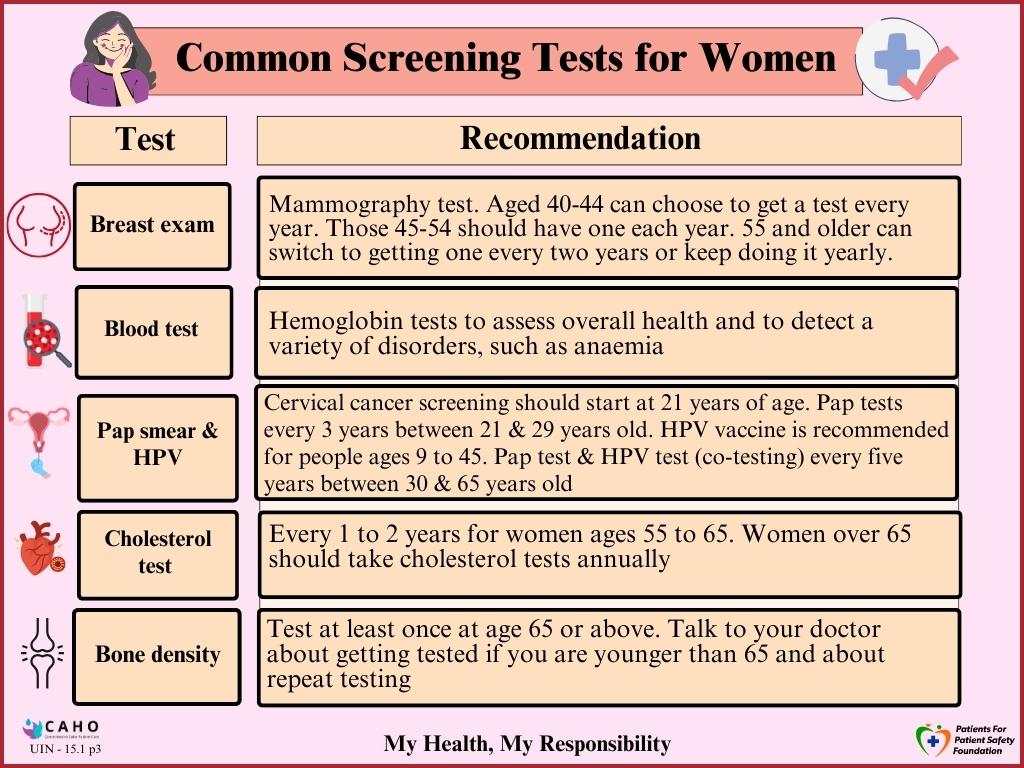
Postmenopause Issues in Women
Menopause is a natural biological process that marks the end of a woman’s reproductive years, typically occurring in her late 40s to early 50s. It is defined as the point when a woman has not had a menstrual period for 12 months, marking the end of reproductive years. During this phase, the ovaries significantly reduce estrogen and progesterone production, leading to physical and emotional changes.

Postmenopause, the phase that follows menopause, encompasses the years after this transition. During this stage, many menopausal symptoms may ease, but the long-term effects of lower hormone levels become more apparent. Women in postmenopause are at increased risk for health conditions such as osteoporosis, cardiovascular disease, and changes in vaginal and urinary health. By adopting healthier lifestyles and undergoing regular health screenings, women can prevent the risks.
Symptoms of Postmenopause
Hot flashes, night sweats, mood swings, vaginal dryness, weight changes, hair loss, urinary incontinence and discomfort with intercourse While symptoms of postmenopause can be a bother, it is a normal part of life.
Complications of Postmenopause
People in postmenopause have a higher risk for health conditions like
- Osteoporosis: The decrease in estrogen accelerates bone loss, leading to weakened bones and an increased risk of fractures, particularly in the spine, hips, and wrists
- Cardiovascular disease: Estrogen helps maintain healthy blood vessels and cholesterol levels. Without it, women are at a higher risk of heart disease and stroke
- Urinary issues: After menopause, a decrease in estrogen levels can cause the vaginal tissue to become thinner. This can make it easier for bacteria to flourish, which could eventually lead to a urinary tract infection (UTI).
When to seek a Doctor
See your doctor if you have symptoms that interfere with your daily life or if you are concerned about abnormal vaginal bleeding. Any abnormal vaginal bleeding needs to be checked by a doctor, to rule out uterine cancer. Your doctor may also suggest other health checks such as:
- Mammogram
- Pelvic examination
- Cervical screening test
How to manage symptoms of postmenopause?
Certain lifestyle or at-home changes can help you manage symptoms of postmenopause. Some of these include:
- Regular exercise including strengthening , yoga, or lifting weights can strengthen your bones and muscles.
- Eating healthy and well-balanced meals. Foods like fruits, vegetables, lean meats and whole grains should make up the bulk of your diet.
- Avoid lots of salt or sugar and limit your consumption of alcohol.
- ● Maintaining a healthy weight can help manage lingering symptoms and reduce your risk for cardiovascular diseases, diabetes and other conditions.
If you are having frequent mood swings or other symptoms of depression that are affecting your life, it is important to talk to your primary care doctor or obstetrician-gynaecologist.

 Back
Back